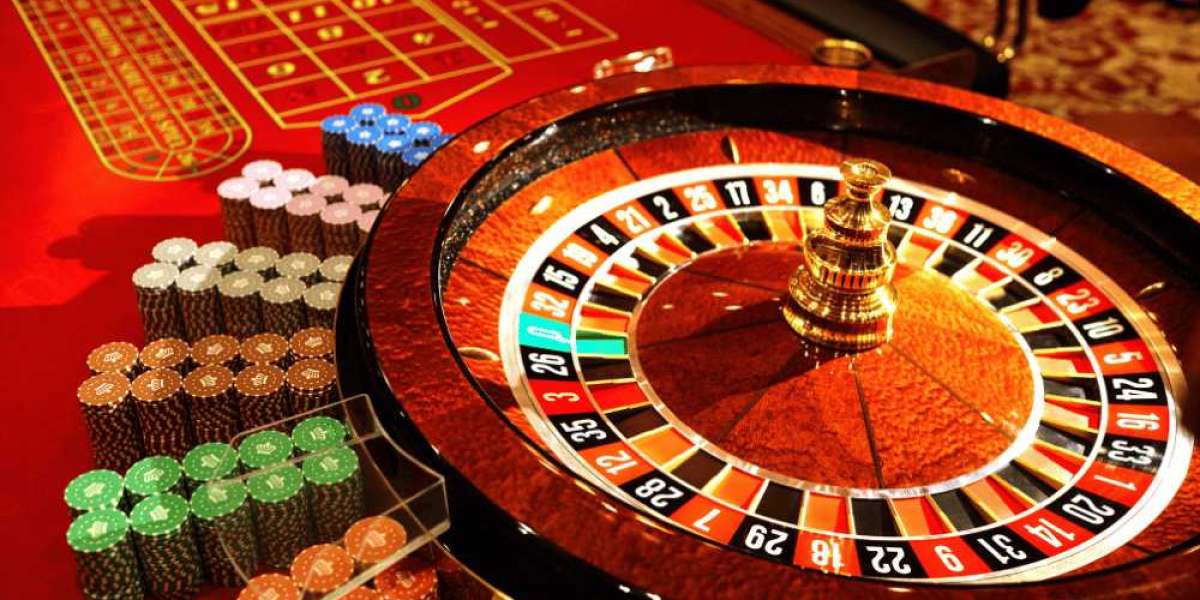How Time Affects Trading Profits
Certain goods follow a kind of Skull and Bones Silver informal trading cycle. For example:
Basic resources (like Salt or Timber) may always be in mild demand but fluctuate within a narrow range. These are safe for short-term profits but offer limited upside.
Luxury goods (like Ivory, Opium, and Frankincense) swing more dramatically. Their price is tied to scarcity and long-distance trade. Wait for the right time, and they can make you a fortune. Sell too soon, and you’ll miss out.
Some players make use of a “buy low, store, and wait” strategy, keeping goods in ship storage or outpost stashes until prices surge. This approach is more effective once you’ve mapped key trade routes and observed where spikes typically occur.
Events and External Factors
Occasionally, Skull and Bones introduces events—like merchant festivals, trade wars, or pirate blockades—that influence market demand. These can create temporary opportunities or bottlenecks:
Merchant events may drastically increase the price of certain items at specific ports.
Blockades might limit access to high-value regions, raising demand for smuggled goods.
Player influence (in multiplayer or faction zones) can also shape market behavior.
Keeping track of these changes gives savvy traders an edge. Think of it like playing the stock market—but with cannons.
Smart Timing Tactics
Delay Sales When Prices Dip: If you see a red arrow, don’t sell immediately unless you’re desperate for funds. Head to another region or hold the item.
Check Multiple Vendors: Prices vary even within a single outpost. Always compare dockside and inland merchants.
Use Storage Creatively: Offload surplus goods into port stashes or alternate ships so you can wait for the best price without cluttering your cargo hold.
Trade During Off-Peak Hours (in multiplayer): Fewer players may mean slower demand shifts, giving you more control over pricing.
In Skull and Bones, understanding when to sell is just as important as what to sell. The game rewards patience, planning, and market awareness. By watching price indicators, tracking economic shifts, and learning from the timing of each transaction, you can master the seas not with force, but with financial finesse. The right trade at the right time isn’t just profitable—it’s the mark of Skull and bones items for sale cheap a true pirate tycoon.








